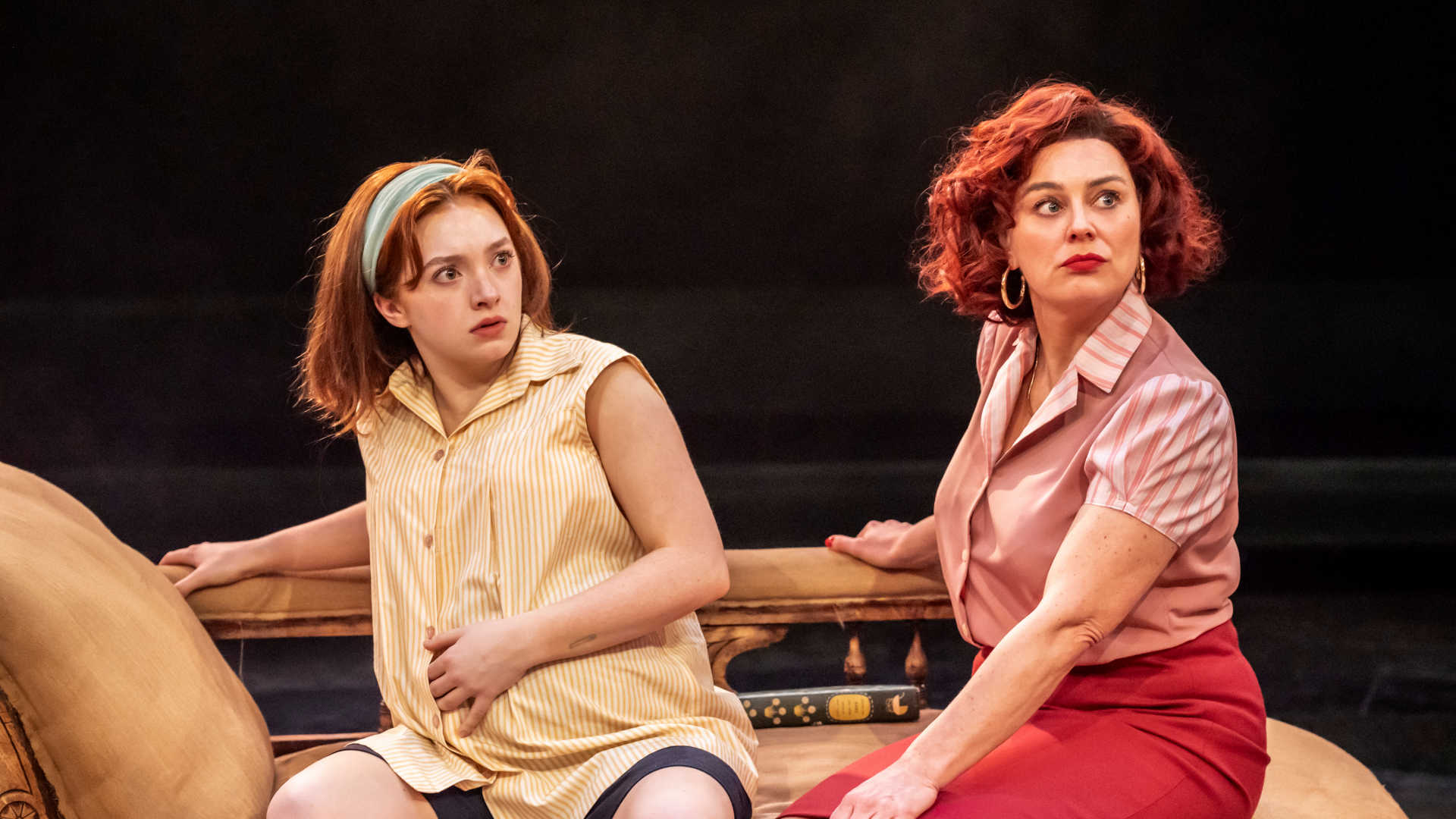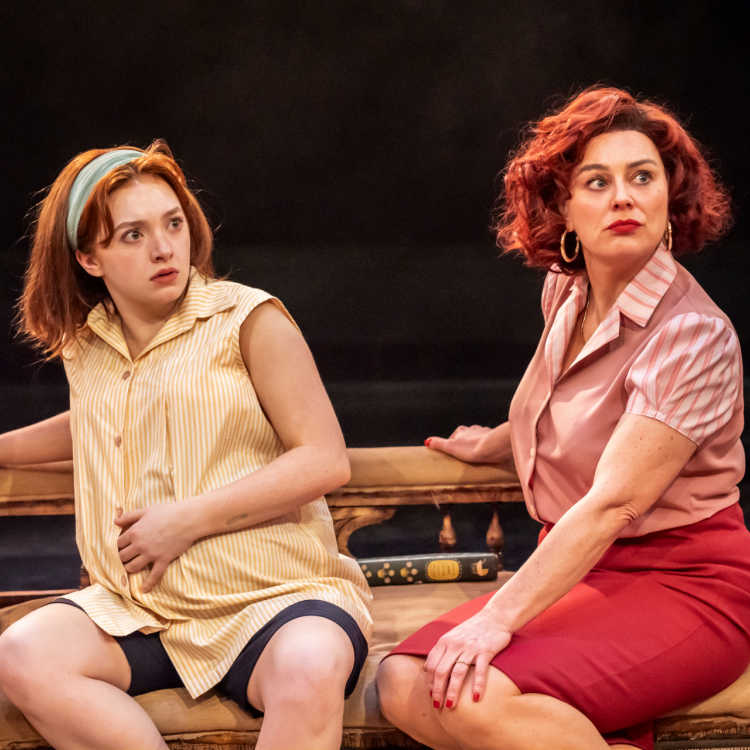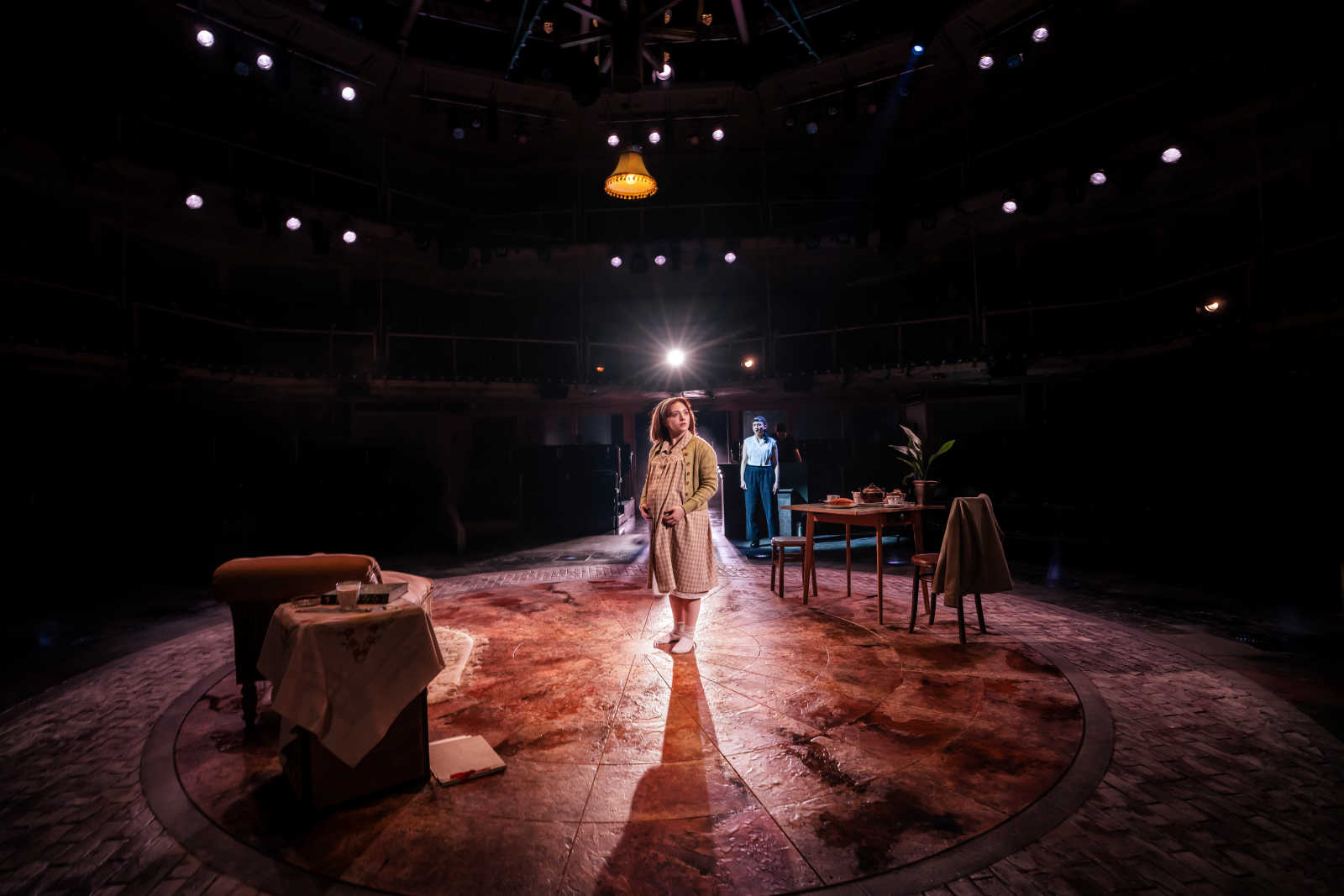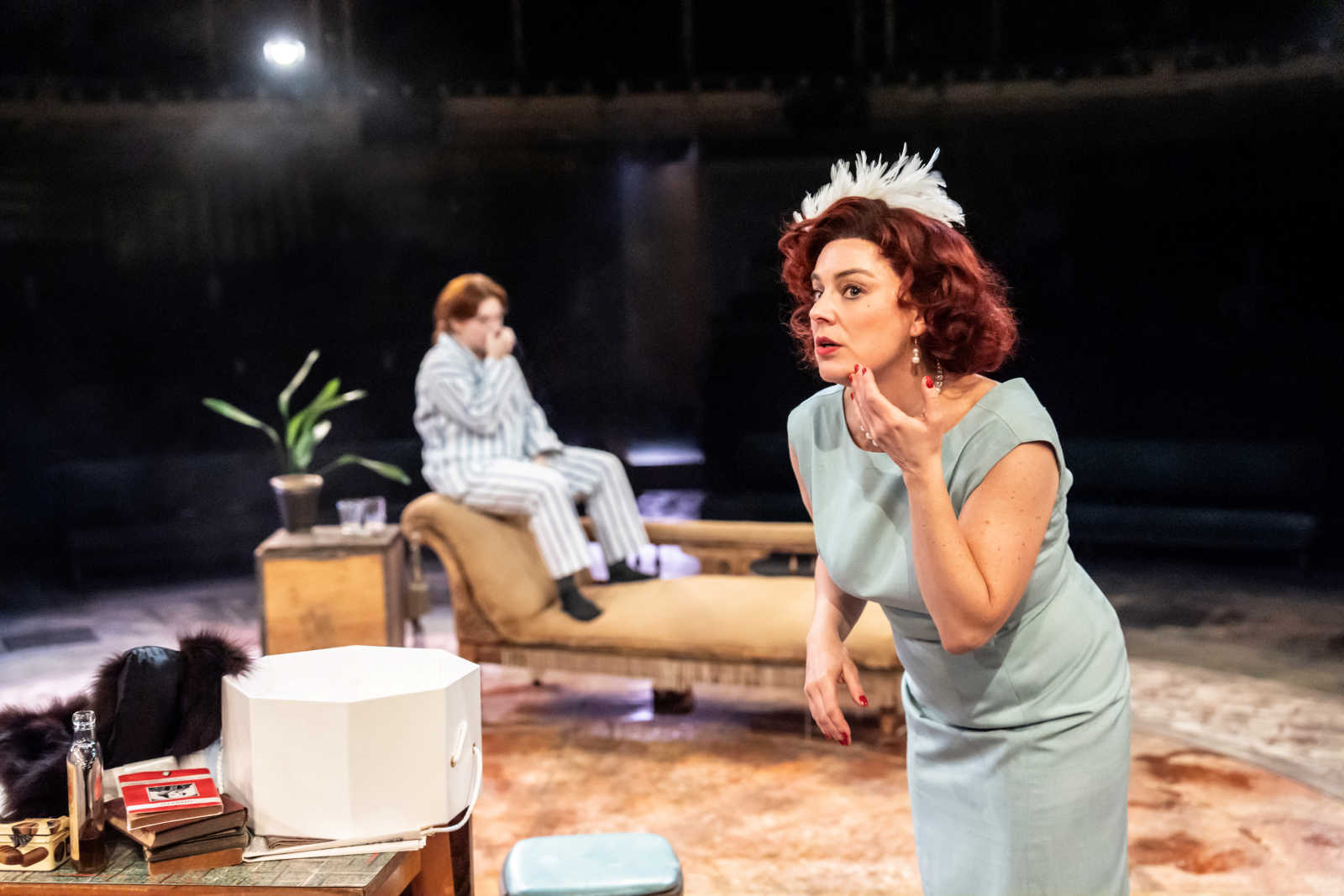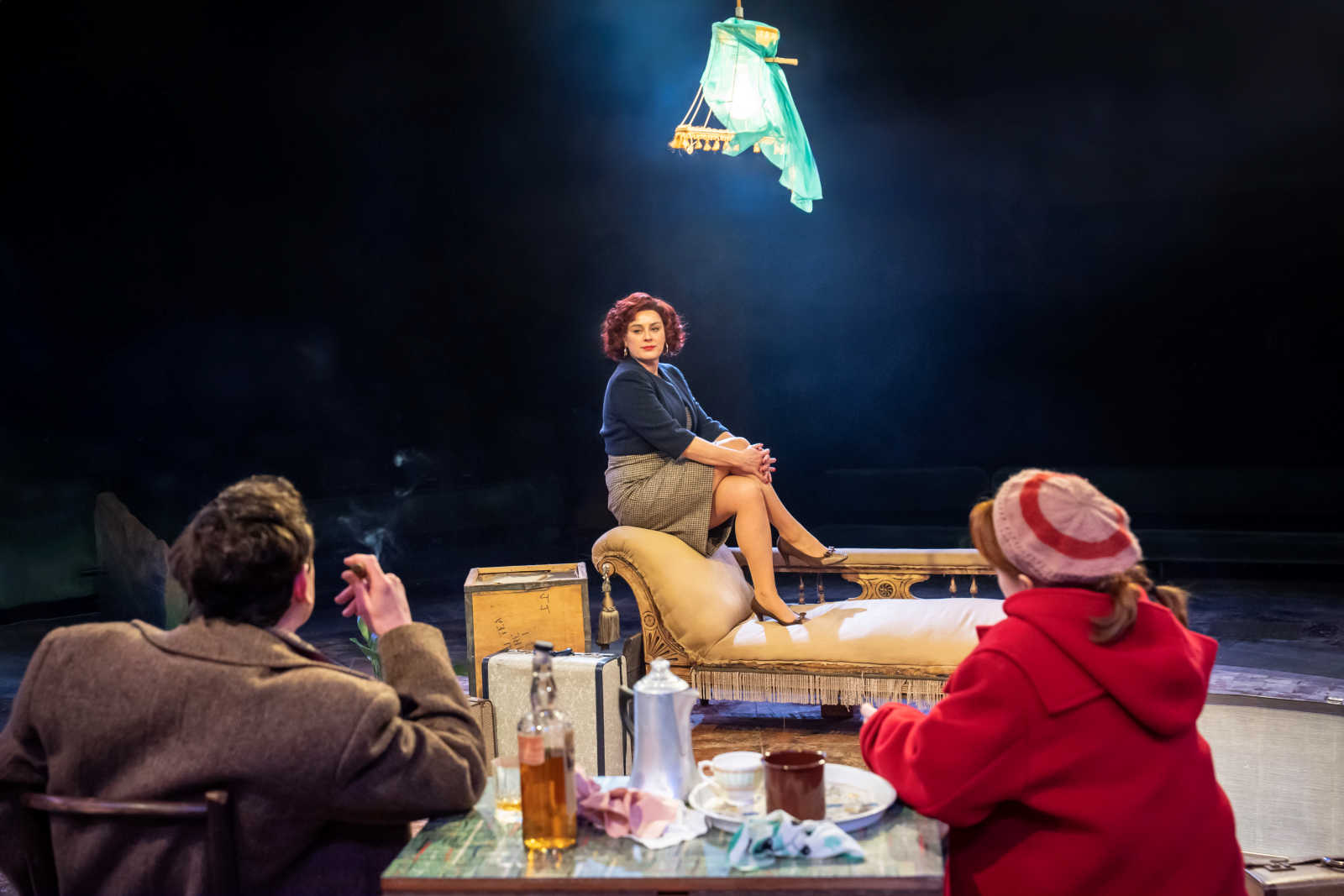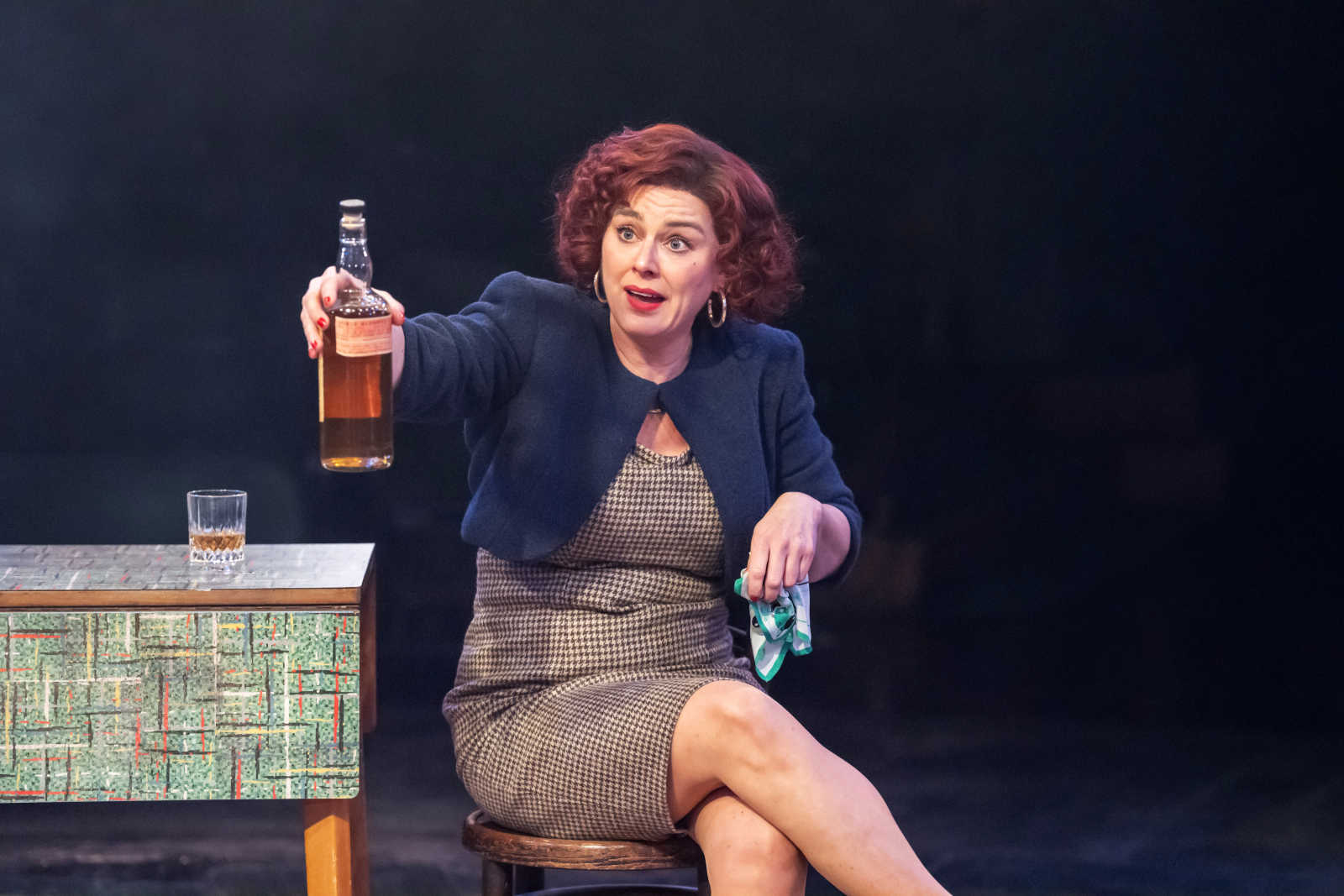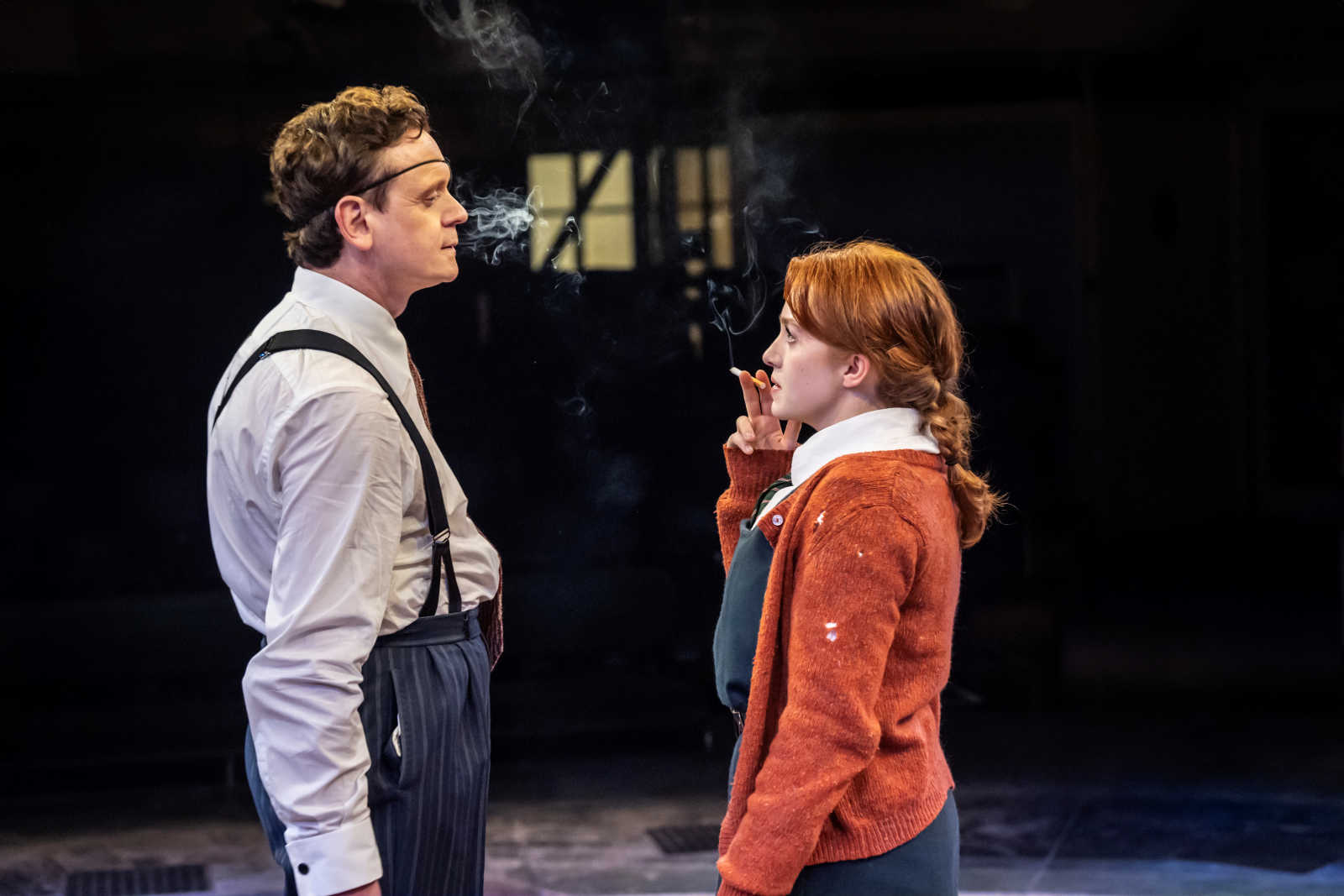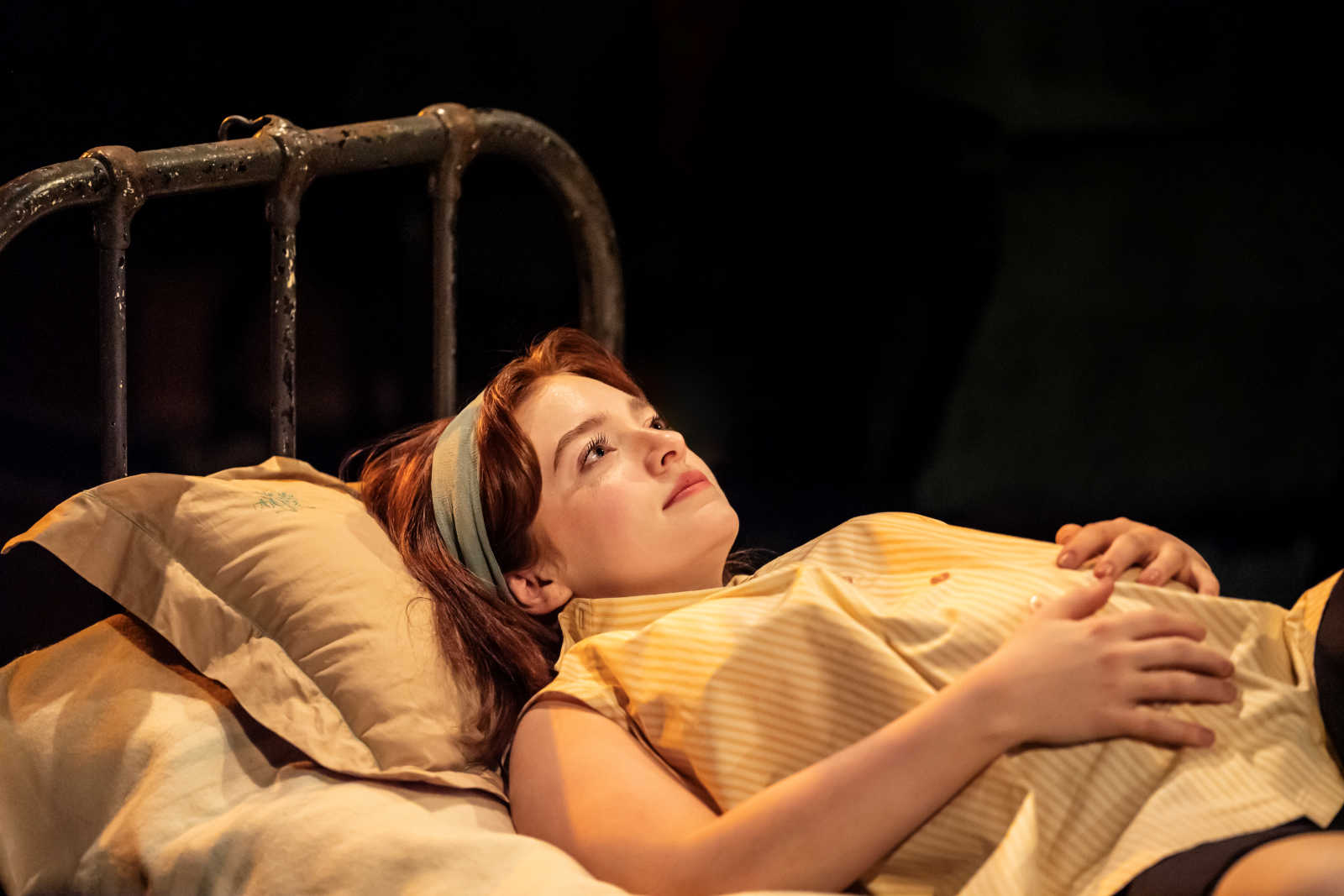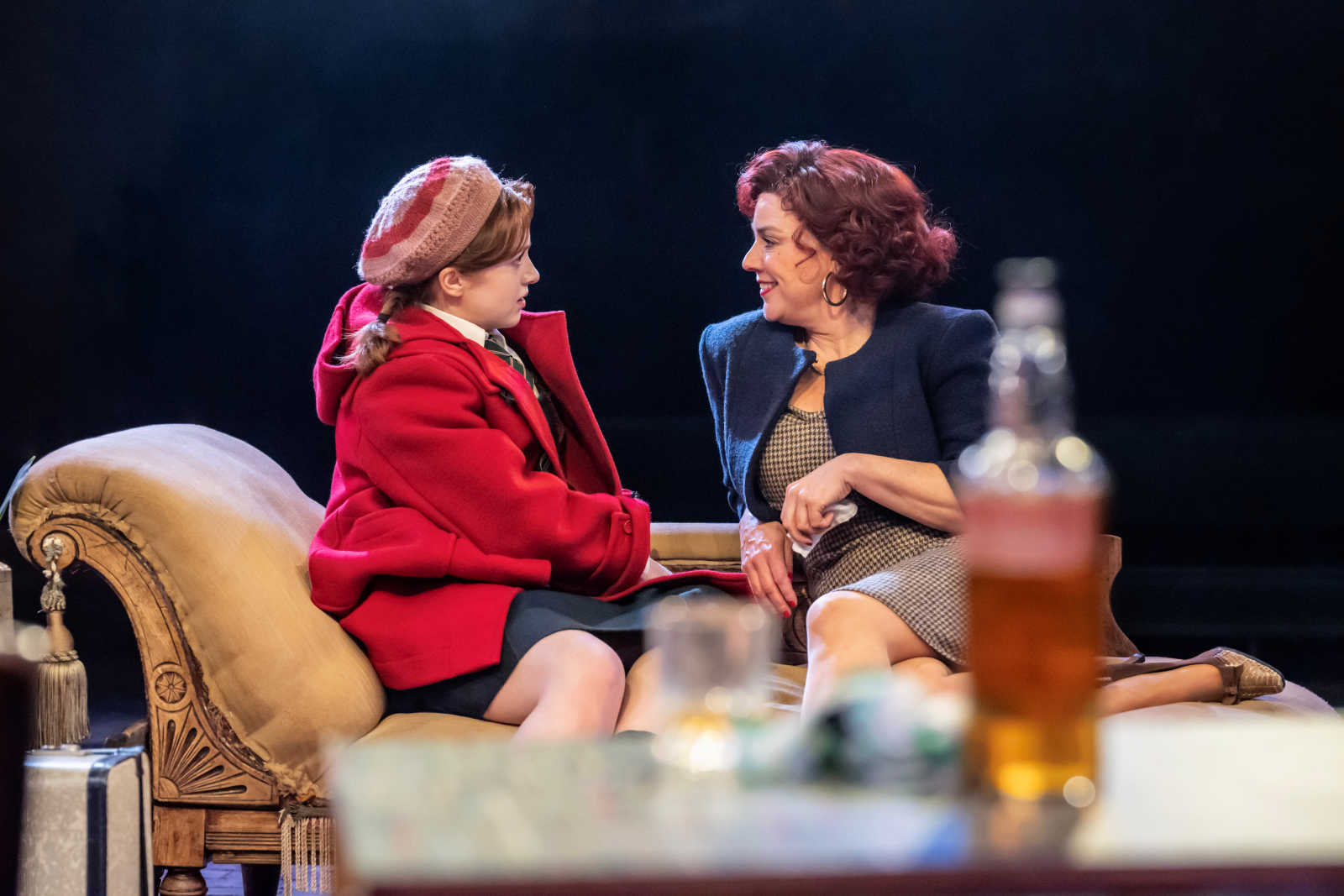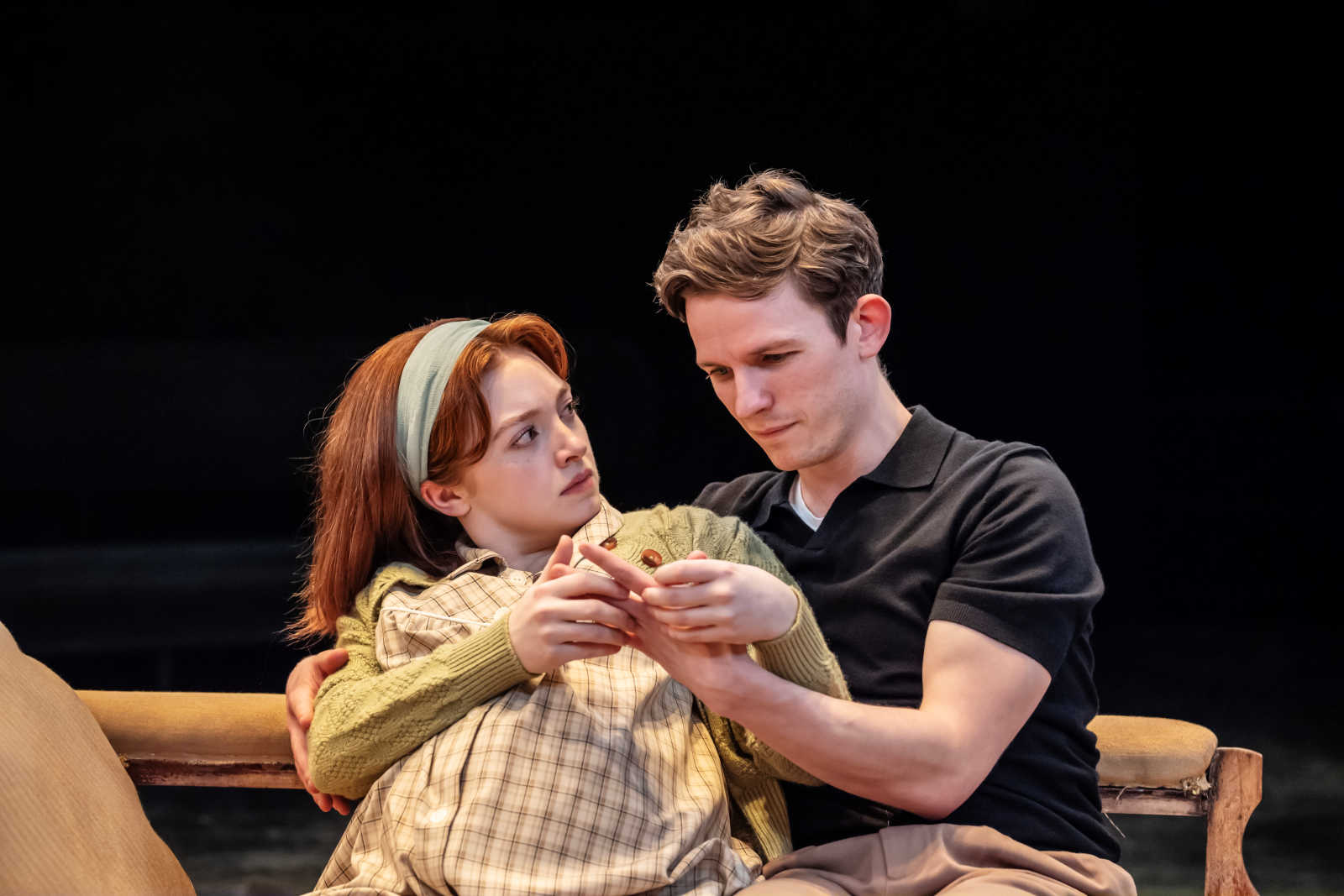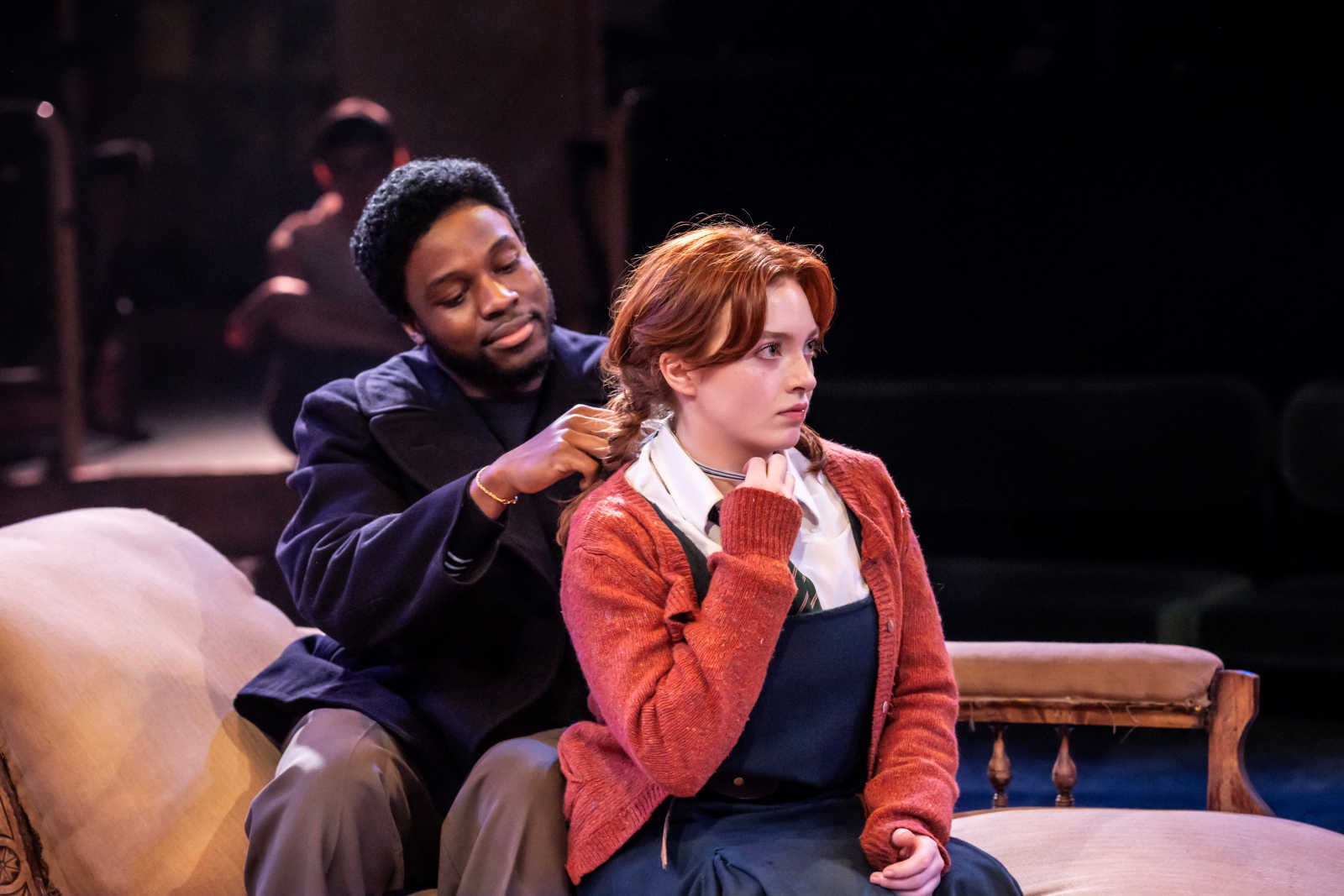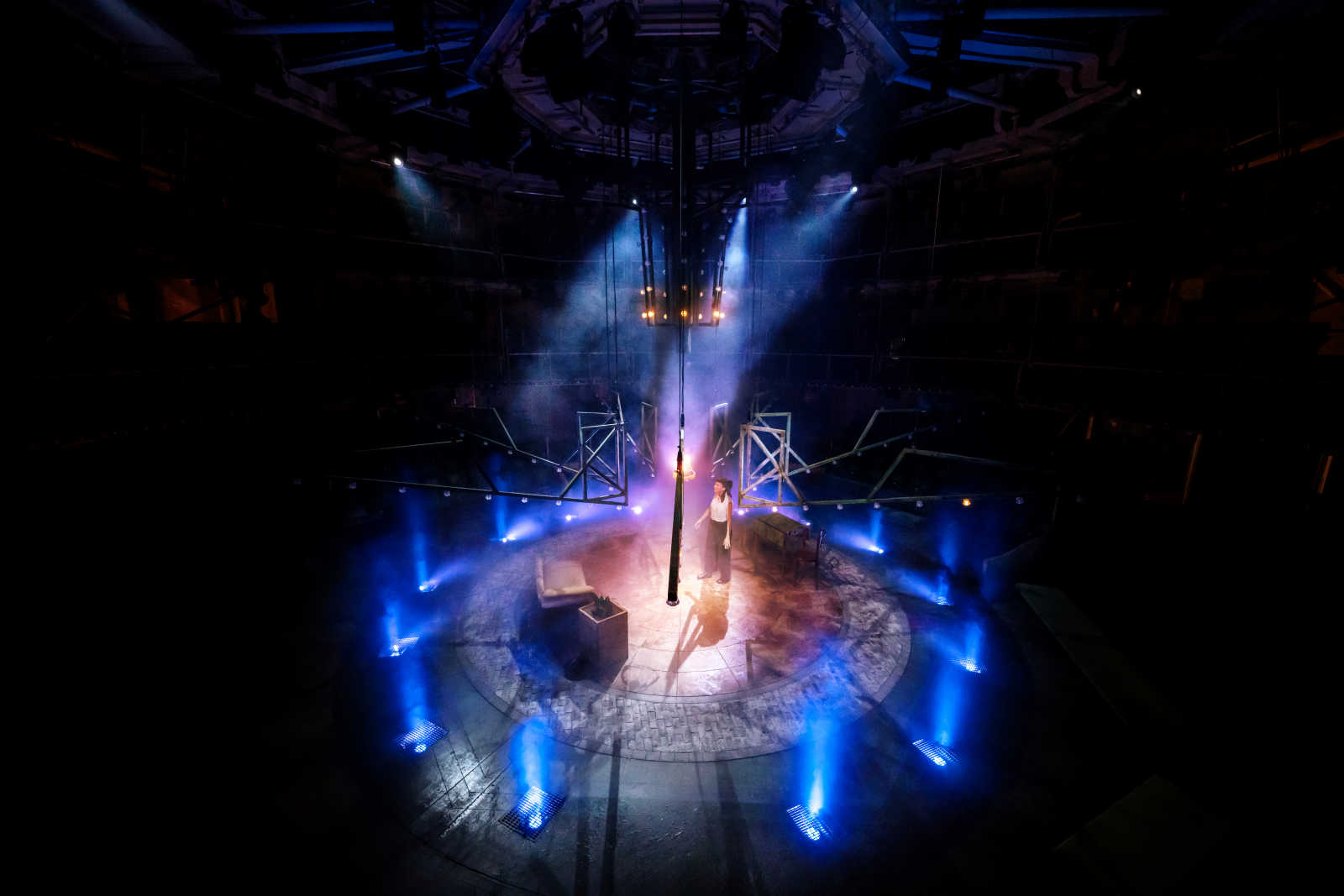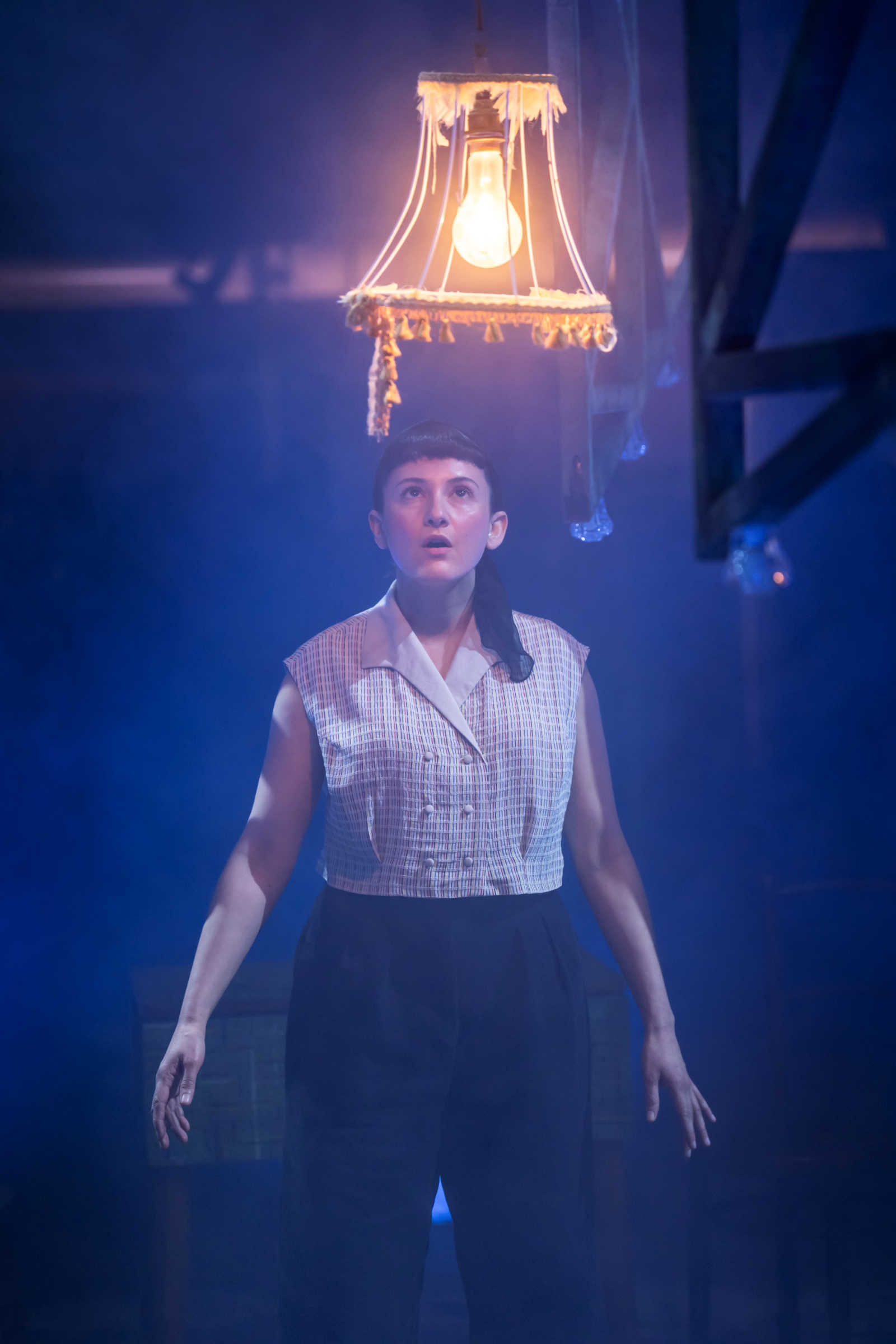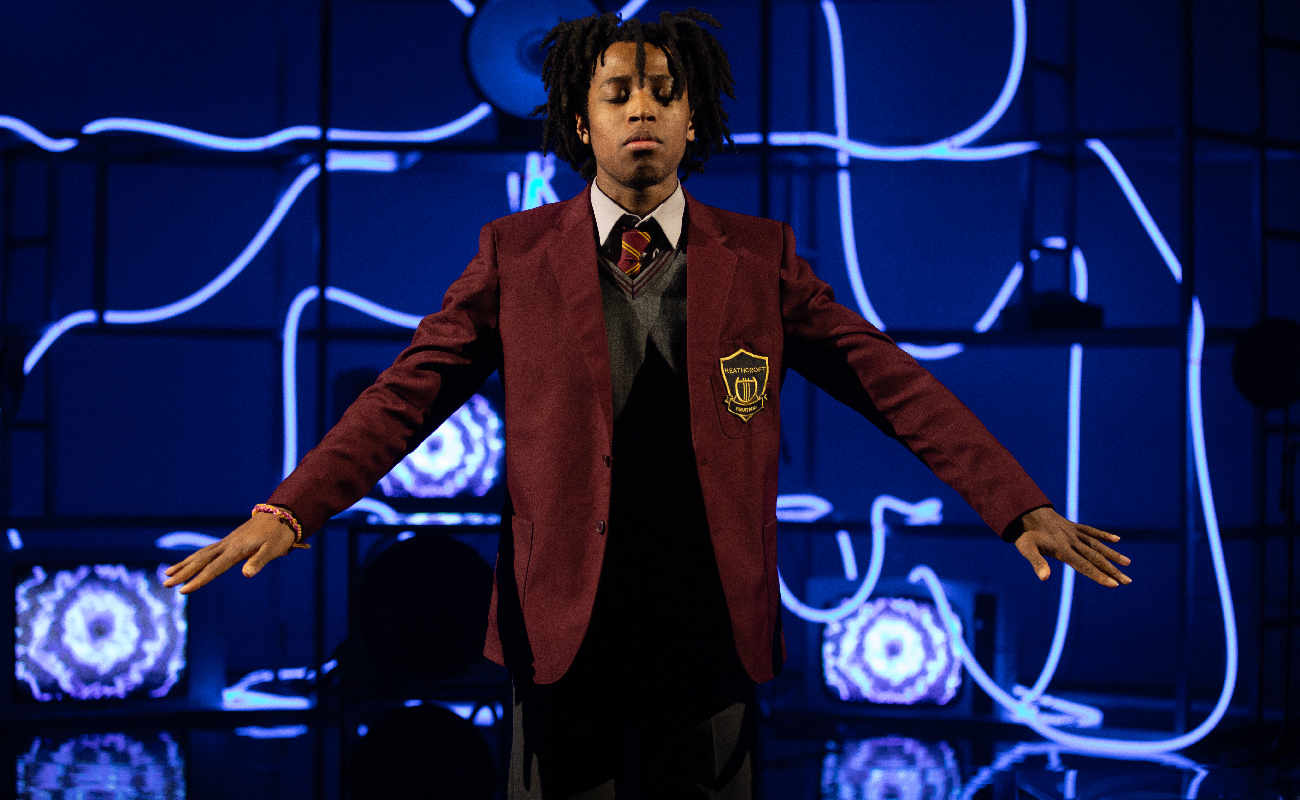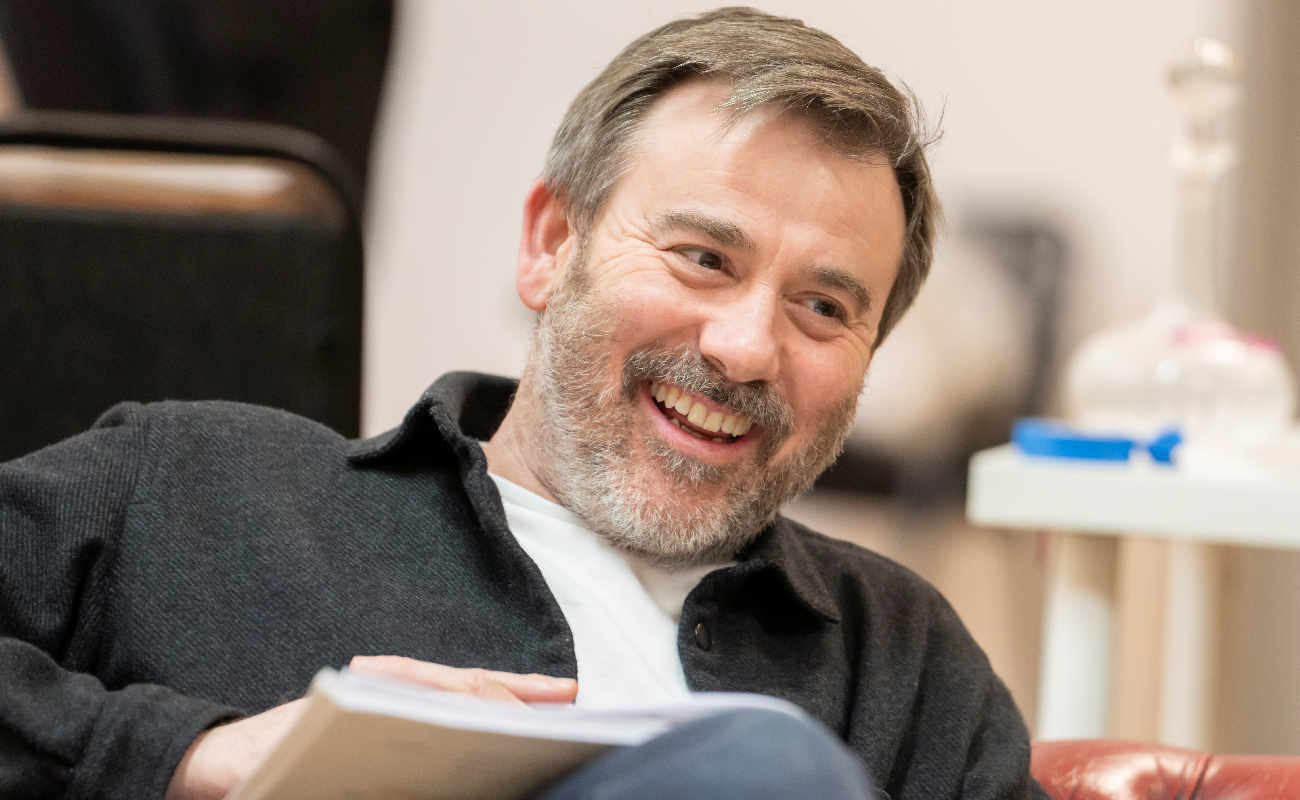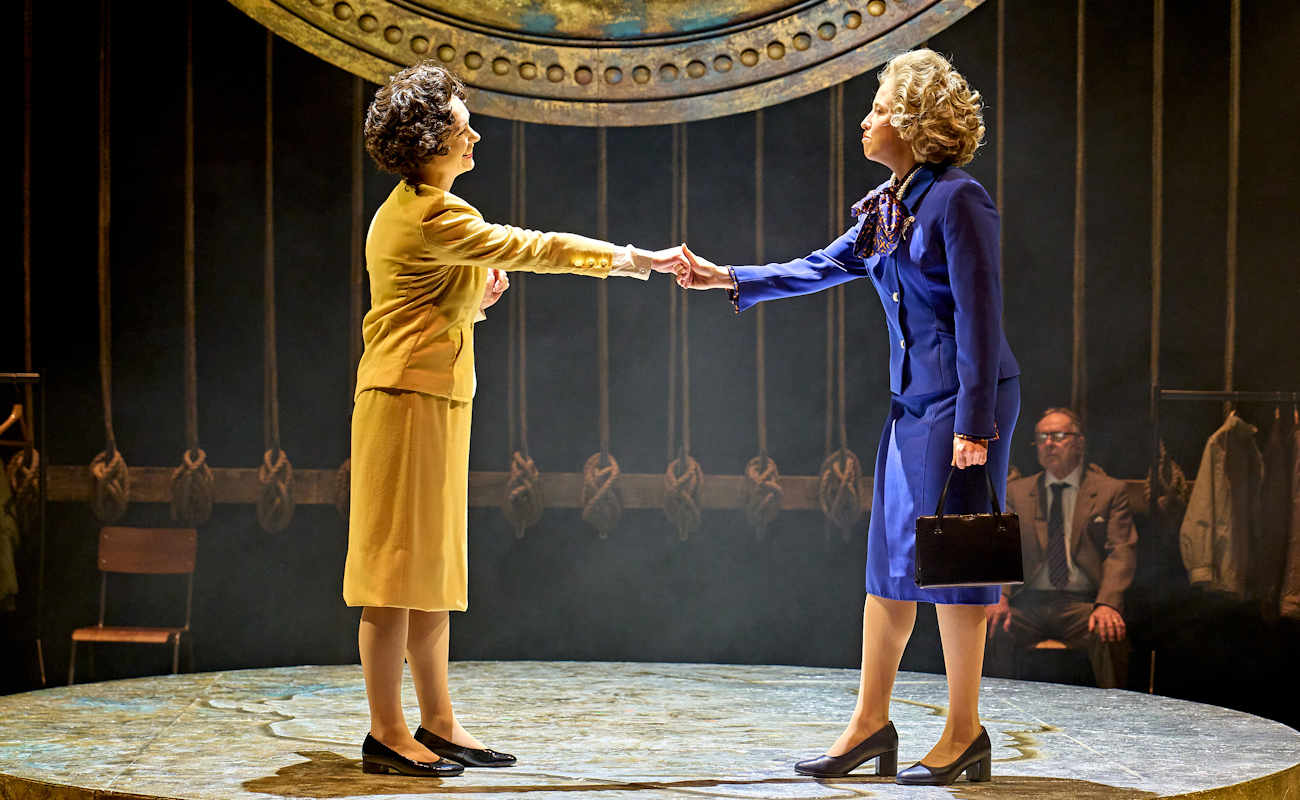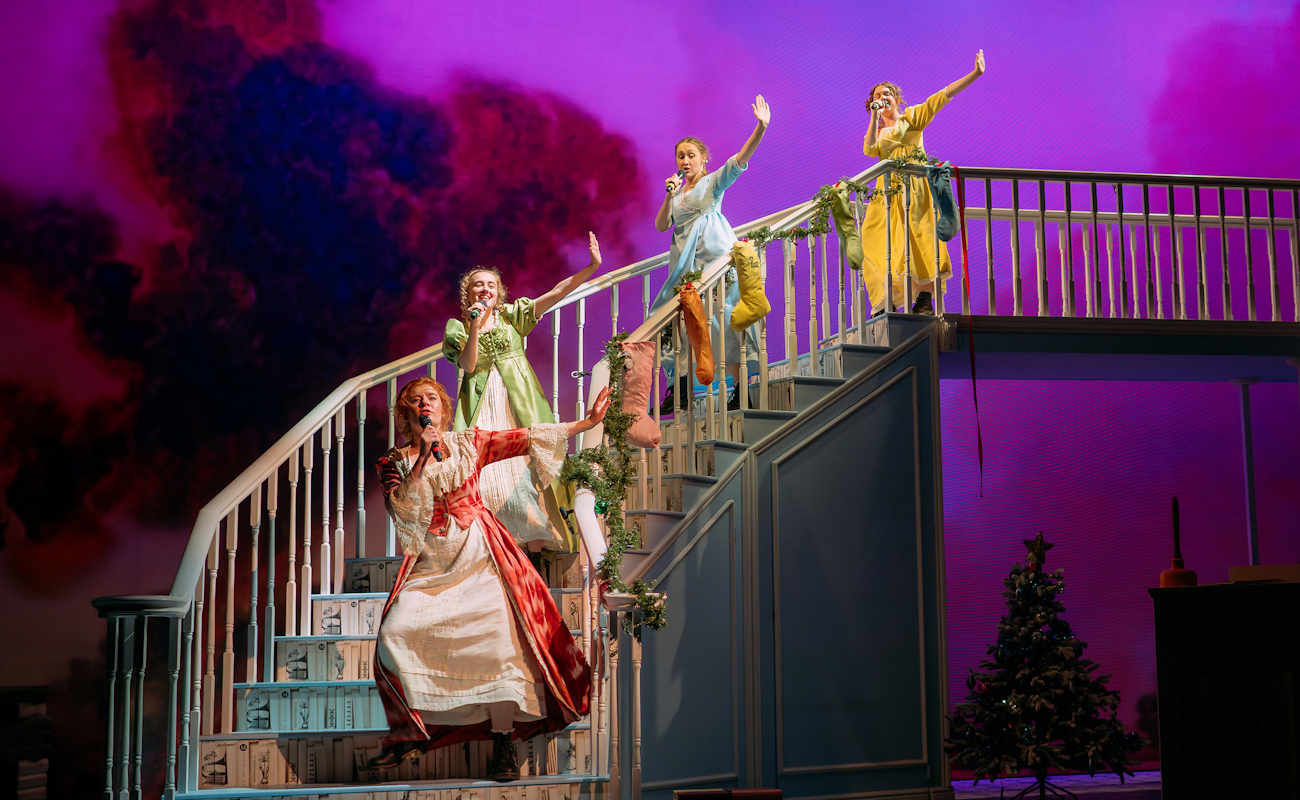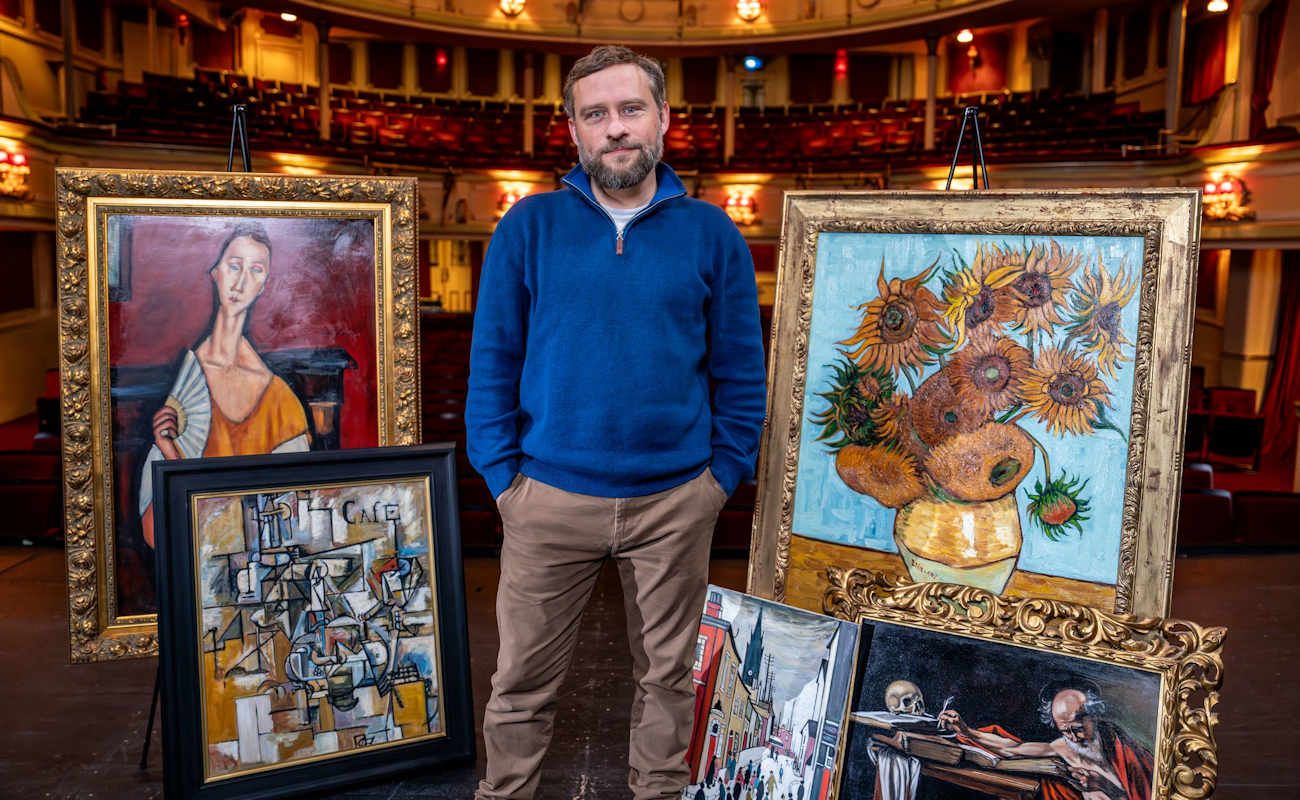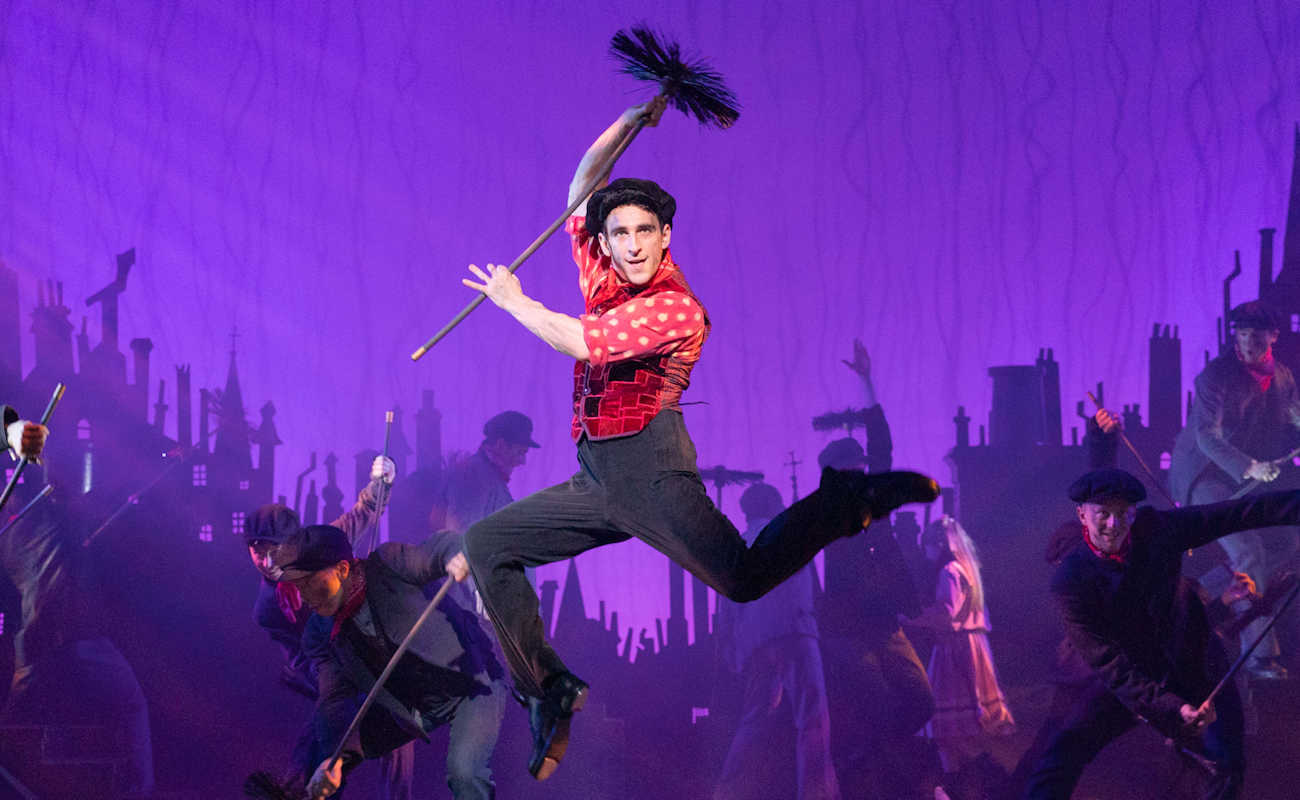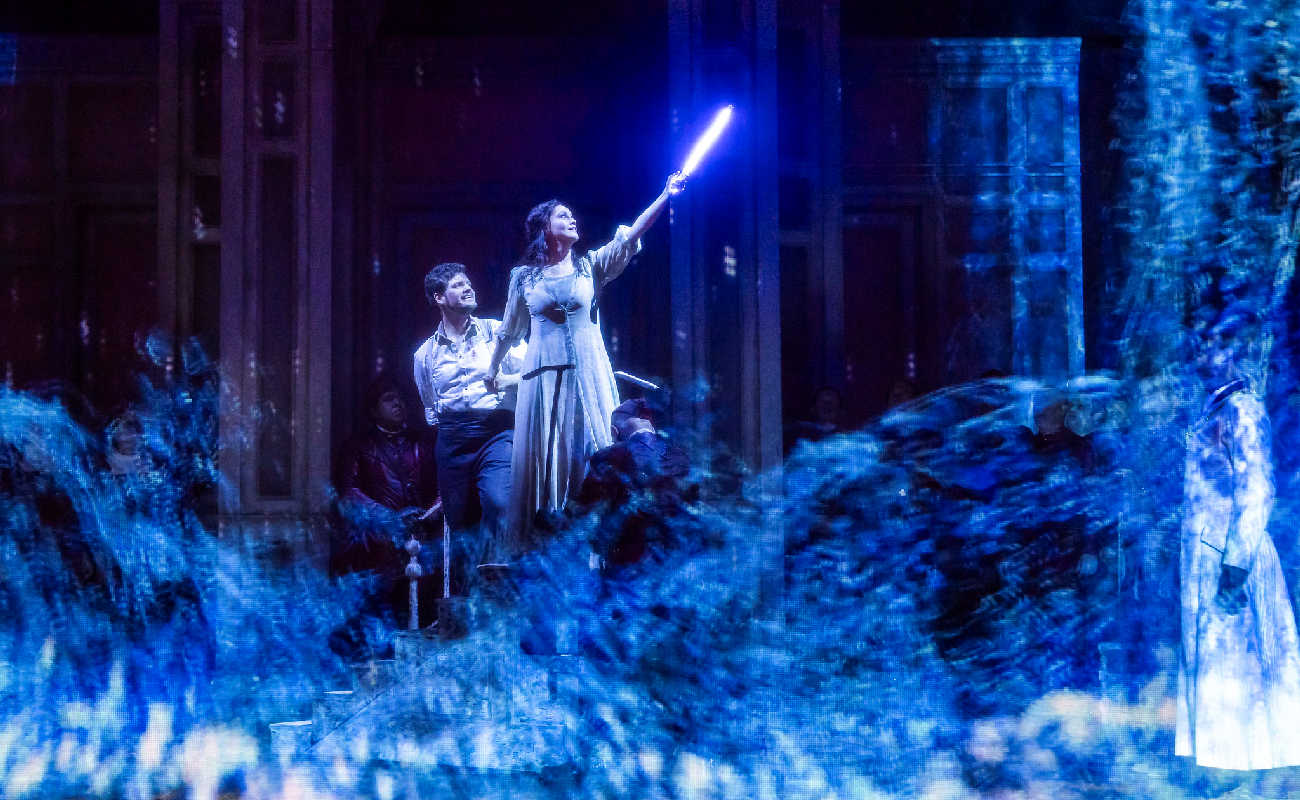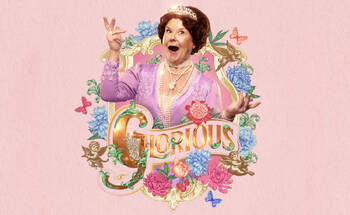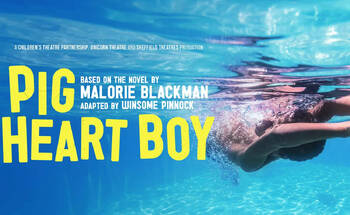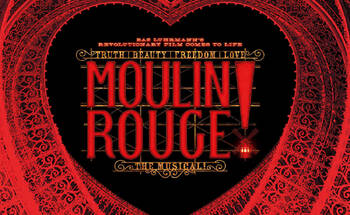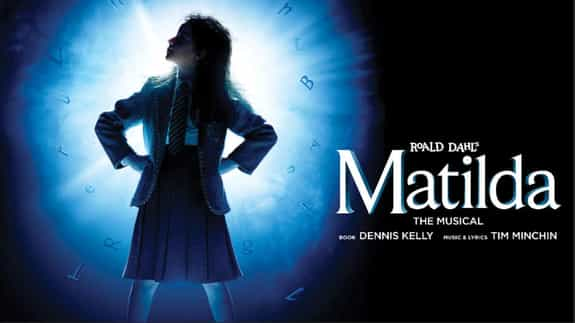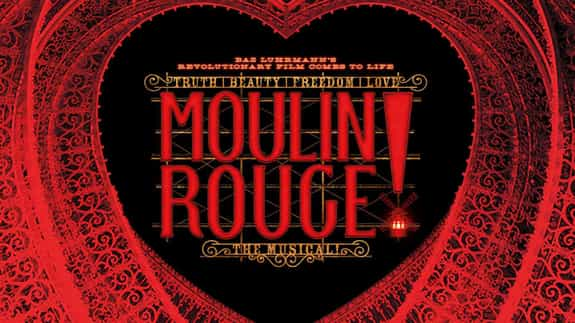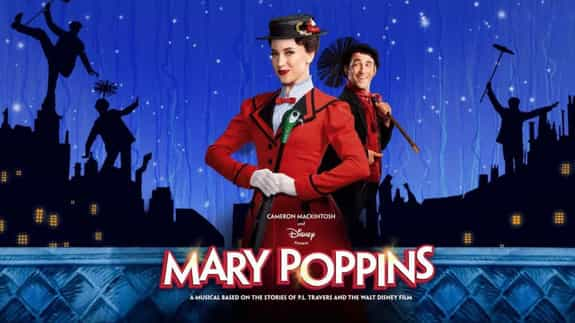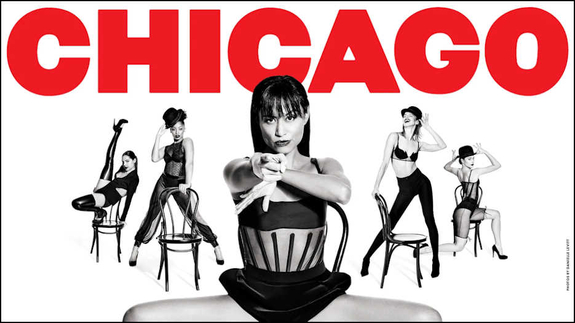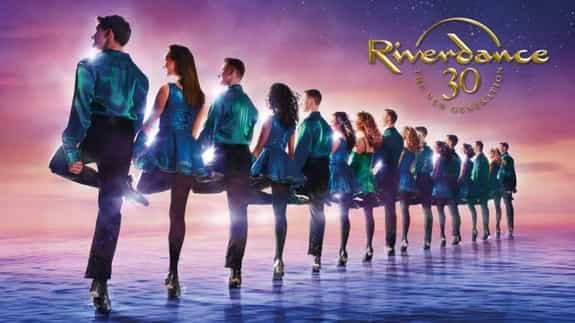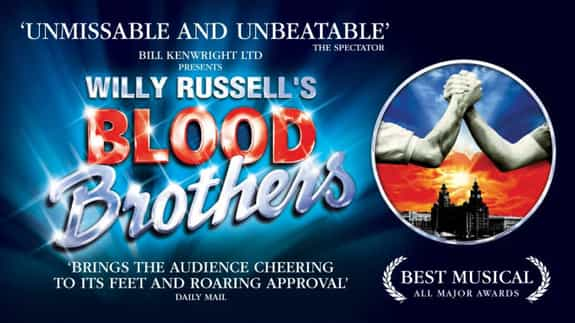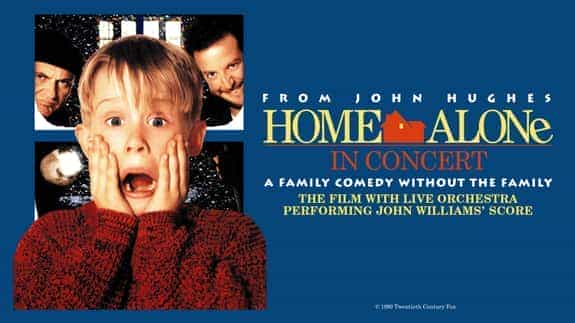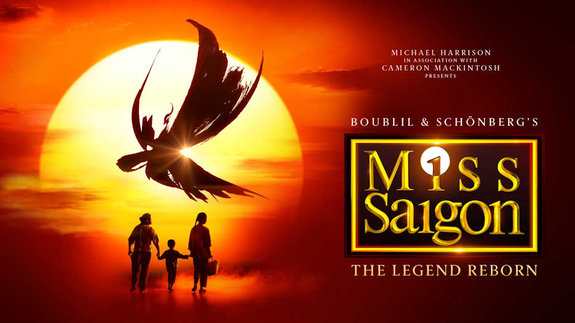A Taste of Honey
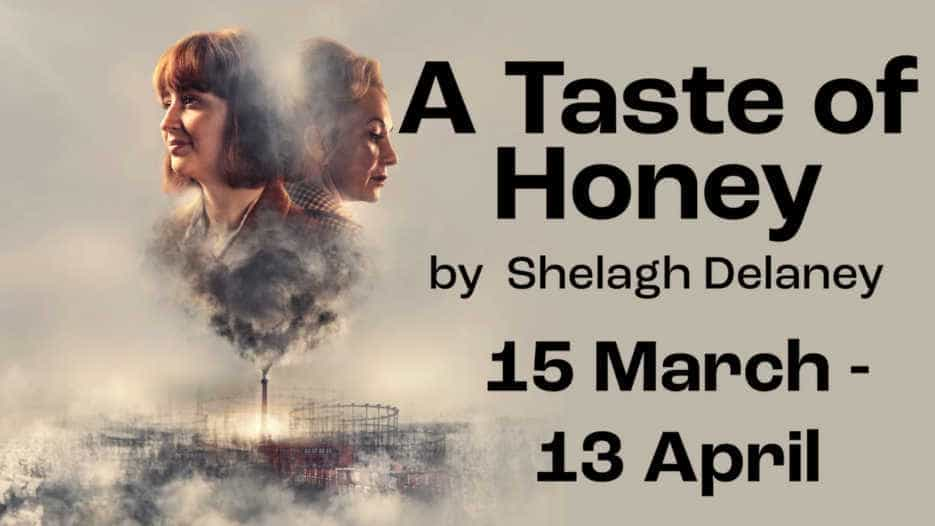
Shelagh Delaney’s iconic play A Taste of Honey is one of the most famous explorations of working-class life in the northwest of England. Directed by Emma Baggott this piece is admired for its gritty realism and honesty, but also for placing two resilient women at the centre of the drama.
Starring Jill Halfpenny (THE LONG SHADOW, ITV / THE CUCKOO, Channel 5) and Rowan Robinson (PASSENGER, ITVX) as mother and daughter Helen and Josephine, the A Taste of Honey cast also includes David Moorst as Geoffery, Obadiah as Jimmie and Andrew Sheridan as Peter. The play’s exceptional dialogue is heightened by a beautiful jazz score performed by Nishla Smith as the Jazz Singer.
Catch this sharply observed portrait of working-class life in Salford in the late 1950s at the Royal Exchange Theatre from 15 March to 13 April. This is a stunning portrayal of the intricate relationship between a mother and daughter who, despite their sharp bickering, are both holding on for that Taste of Honey.
A Taste of Honey Tickets

Sorry, there are no tickets for A Taste of Honey in Manchester available at the moment. This maybe due to one of the following reasons:
- - A Taste of Honey in Manchester tickets are currently not on sale.
- - The event has sold out.
- - Details have not yet been announced for A Taste of Honey in Manchester.
- - The event may have been cancelled.
- - The event has been and gone.
Join our free mailing list for
updates about this event

A Taste of Honey ON TOUR
Our review on A Taste of Honey
A Taste Of Honey - Royal Exchange Theatre, Manchester - Wednesday 20th March 2024 by Karen Ryder
Our Rating
A TASTE OF HONEY IS MESMERISINGLY PERFECT - AN ABSOLUTE MUST-SEE PRODUCTION!
How do you attempt to write a review about a production that has been so mesmerisingly perfect you just want to leave it suspended in a protected prism of your mind? A Taste Of Honey at The Royal Exchange completely absorbed me. It was one of those nights at the theatre where everything aligned, taking you beyond watching actors in a production, leaving you with the sense that you are simply watching people. Real people having real conversations. The flow of language, delivery, and direction was superbly gripping and dripping with the good, the bad, the ugly, the confused, the insecure, and the desperate refractions of humanity. Nothing was forced. Everything felt entirely natural, so there was no sense of trying to ‘portray’ the unique banter, strength and struggles of Salford life in the 1950’s as has often been seen before. This felt authentic with a far deeper understanding of the text’s nuances than ever before.
Set in 1950’s Salford, a 19 year old Shelagh Delaney wrote a slice of living history, leaving future generations with a tangible telescope into real people. The play starts with a weary Helen moving house again, dragging her teenage daughter along with her. As they settle into their latest dump, this one facing the slaughter house, a unique and fiery relationship is quickly established between mother and daughter. Jo calls her mum Helen, Helen calls her daughter every name under the sun, and both have a lot to say. The complicated dynamics between Helen and Jo are palpable with every glance, every breath, every word. You feel their despair towards life and one another, yet you also feel their innate bond and understanding of each other. Maybe this is not conventional love between a mother and daughter, but there is also a freedom in their total acceptance of who the other person is, warts and all. Director Emma Baggott has explored this relationship afresh and looked beyond the easy answer of simple contempt for one another, layering it with years of moments of their relationship. None of us feels just one thing at one time, that’s not how life is, and this production feeds off this concept showing that is it entirely possible to love someone yet strongly dislike them at the same time.
As Helen's latest boyfriend Peter turns up, Jo knows by instinct and experience that this has signalled the beginning of the end of her current chapter with Helen. Jo knows the drill – new boyfriend not long before Christmas and Jo is left alone again as mum moves out, leaving Jo to fend for herself. She is resigned to the carousel of life with Helen. It’s all about cycles, rhythms, patterns and she knows that the next one will eventually come back round, where Helen is booted out of the latest boyfriends life and returns home with a bottle in hand. But this time, Jo too believes she has found love, but that love results in her being left alone and pregnant. She finds a new friend in Geoff who shows unconditional love and Jo has no idea what to do with it. Subtle and insightfully clever parallels are drawn in the scenes when Geoff moves in with Jo from when we see Helen and Jo first move into this flat.
Jo, despite her lack of receiving maternal care, does cares for Helen in her own way and we see her delicately trying to gain approval through subservient detail such as fetching and carrying for Helens every whim. Helen needs Jo to need her for her own self worth but equally doesn’t want the responsibility that comes with it. This production intelligently echoes these details between Jo and Geoff. He just wants her approval, for her to notice him, and she needs him to need that for her own self worth but has nothing to give him back in return. She has learnt this behaviour from her mum. This production is exceptional at these details, looking not just at what we say, but also what we don’t say, and spotlighting what we do instead. And it’s one of the many features giving it authenticity. Over half of our communication is nonverbal and Emma Baggot’s direction embraces this to perfection.
As the story continues, it weaves in themes of race, homosexuality, independence, marriage, and acceptance, until Geoff falls on his own sword out of love for Jo. But even his unconditional and unselfish love still results in Jo being left alone, leaving us with a complicated mess of emotions in our own heads and hearts as to whether anyone can ever get love right. And that, is real life.
What I loved about this production is that it seamlessly blends contradictory elements together. I keep saying how authentic, how real this production felt, for it did. Yet I must mention that there are also moments of utter surrealism, stylised interpretations, and a bonkers energy running right through it. So how can that be described as authentic and real? I guess this is the brilliance of the creative team and cast working in collaboration. It shows that nothing in life is just one thing. It is always an amalgamation of ideas, energies, and interpretations, but we don’t even have to cast the net that wide. Just stop for a moment and poke at your own mind. It never stops! It can process around 45 different thoughts each minute, and they can overlap, oppose, align, pull in different directions, agree, and disagree with each other all at the same time.
They can vary on a theme or be totally unrelated, and so this chaotic, whirling universe inside each and every one of us can contradict yet be unified at the same time and that is exactly why these moments blend effortlessly throughout the play. For instance, wrought iron girders with lighting hang low at the start of the play, then are raised as the action begins. Now firstly, these girders are so recognisable in any industrial city so feel authentic and immediately cast us into the heart of Salford in the 1950’s. Iron girders don’t move in reality, but they do in this production and are used to excellent effect. They slowly come down during a very heated scene, oppressing everyone in the room, trapping them in their own lives, yet they gently bob up and down when Jo and her Prince leave the carnival, echoing the funfair carousel. Authentic yet surreal and it works. It is a brilliant design by Peter Butler and ties up the whirlwind of chaos and unpredictability of the characters and their lives. The details in costumes, set dressing, even flooring are so perceptive and culminate a series of different patterns to represent different places from the dingy flat, to the path outside and the world beyond.
Jill Halfpenny and Rowan Robinson are outstanding as Helen and Jo. Sometimes you watch something so brilliant that you want to leave it untouched and don’t want to dissect it, and this is exactly what they achieved. They absolutely brought Shelah Delaney’s text to life in such an honest and recognisable way that had the audience both shocked and giggling at their exchanges. Their relationship and their way of talking to each other wasn’t a 2D flat representation of hard Northern life where the characters were just spiteful towards each other as has often been the case, but it also reflected that actually, this chosen way of talking to each other is also a form of love and just the way we do things here. It’s about tonality and not what we say but the way in which we say it, which when looked at through this lens, can present an entirely different outlook.
Jill Halfpenny and Rowan Robinson have created a beautiful partnership and a dance between them with their back and forth banter. If you hear someone from these parts call their friend a knob or worse, listen to how they say it, for they are most likely showing affection in the only way they know how. I am honestly blown away by this pairing and personally thank both actresses for such a jaw droppingly, iconic performance. It was a masterclass. From the confusion, pain, mischief, or contempt etched on the face of Robinson, she conveyed so much more than was spoken and wore her heart on her sleeve. It was raw and such a generous performance. I am honestly blown away. Halfpenny took us on an unapologetic acceptance of her character and again it was so brilliant that she took us on a minefield of emotional responses to Helen. I think the difference is that Halfpenny found reasons to actually admire and understand elements of Helen, so in turn, we did too.
Andrew Sheridan, Obadiah and David Moorst superbly depict the different roles and relationships that men play in the lives of these two women and between them offer levels of intimidation, misogyny, sleaze, swarve, manipulation, lies, charm, uncomplicated and unconditional love. Sheridan struts around with an unfiltered self confidence and speaks volumes with his presence and body language. He fills the space whenever he is on stage and subtly displays a hint of danger behind his swag. In contrast, Obadiah approaches the same end goal with charm, with a tender temptation and a gentle honesty that he will not be sticking around. His intentions may or may not be more honest that Peters, but his approach is poles apart and you feel a sense of calmness and of possibility when he is on stage which can be equally as dangerous.
Moorst is different yet again, with a nervous energy, a charmingly chaotic presence, and always on the backfoot. His comedic timing is gorgeous, a perfectly placed pause, a deadpan delivery, or simply a twinkle in his eye as he dances with a mop sets his heart on a pedestal to everyone else. Nishla Smith beguiles us with her hauntingly beautiful vocals throughout and has a natural holistic presence, even when singing to portray a lack of hope or opportunity. She sings the same song and lyrics “Dirty Old Town” throughout yet listen carefully for each time has a delicately nuanced delivery so that again, its meaning and landscape can be altered to represent the mood.
This production of A Taste Of Honey for me is the definitive version. It feels like it has finally been understood in its entirety and that it isn’t just a portrayal of angry Northern women. It is also full of its own kind of warmth, chaos, hope, acceptance, love, disgust, longing, dreams, realism, flavour, and honesty. It is gorgeously honest and it is understood. There are no stereotyped interpretations of women, of the North or of class. It has been given freedom at last and Salford is finally seen for the beauty of its language and its unique way of communicating. We see strengths as well as flaws, and that is why this production by Emma Baggot will forever be my taste of honey.
WE SCORE A TASTE OF HONEY...
Watch our "In Conversation with Jill Halfpenny and Rowan Robinson" video

